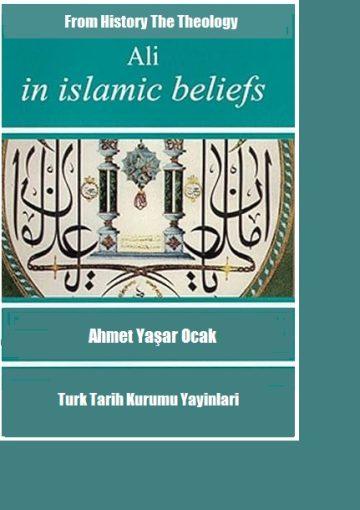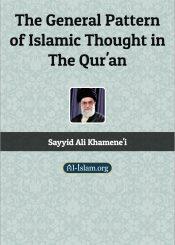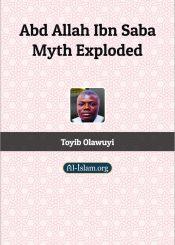From History to Theology Ali (as) in Islamic Beliefs

From History to Theology Ali (as) in Islamic Beliefs
Author :
Editor :
Publication year :
2005
Number of volumes :
1
Publisher :
Publish number :
first
(0 Votes)

(0 Votes)
From History to Theology Ali (as) in Islamic Beliefs
Who is Imam Ali (ʿa), and how did his role move from a figure in early Islamic history to a central pillar of Shia theology? From History to Theology Ali in Islamic Beliefs examines this transformation, showing how the memory of Imam Ali (ʿa) became embedded not only in historical narratives but also in doctrinal foundations of Islamic faith. It reveals how scripture, traditions, and theology intersect in shaping his enduring place within the Muslim imagination.
About the Book
First published in the early 2000s, this study by Abdulaziz Sachedina traces the journey of Imam Ali (ʿa) from historical accounts into the heart of Islamic theology. It examines hadith (prophetic traditions, reports attributed to the Prophet), tafsir (Qurʾanic exegesis, interpretation of Qurʾanic verses), and later theological debates to demonstrate how doctrines of wilāyah (comprehensive authority encompassing spiritual, religious, and political leadership) were developed in Shia Islam. By linking history and doctrine, the book provides a nuanced view of how the remembrance of Imam Ali (ʿa) shaped both Shia identity and wider Islamic thought.
What You Will Discover
- Historical narratives of Imam Ali (ʿa) and how they were transmitted across different traditions.
- Prophetic traditions (hadith) and Qurʾanic exegesis (tafsir) interpreted in Shia theology as proofs of his divinely designated leadership.
- The evolution of the concept of wilāyah and its significance in connecting Imam Ali (ʿa) to authority and governance.
- Comparative discussions of Sunni and Shia perspectives on leadership succession.
- Insights into how theological frameworks transformed Imam Ali’s (ʿa) historical memory into enduring belief.
About the Author
Abdulaziz Sachedina (b. 1942) is a leading scholar of Islamic Studies and Professor at George Mason University. Trained in both traditional Islamic seminaries and Western academia, he has written extensively on Islamic theology, comparative religion, and Islamic human rights. His works frequently explore the development of Shia doctrines, interfaith ethics, and the modern role of religion in public life, making him one of the foremost interpreters of Islam in contemporary scholarship.
Who Is This Book For?
This book is intended for scholars of Islamic theology, students of Shia studies, and researchers of comparative religion who wish to understand how historical narratives are transformed into theological doctrines. It is equally valuable for readers interested in the foundations of leadership debates within Islam and the theological significance of Imam Ali (ʿa) across centuries.






